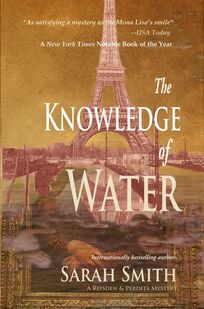Book Club Questions

What is your group reading next? How do you decide what books to read? |
DVD Extras
New edition February 15, 2020.
430 pages. Trade paper, $15.99 ePub and MOBI $2.99 Preorder trade paper through Ingram-9781951636012 Universal book link for your favorite ePub site https://books2read.com/u/mVrPLp Kindle https://www.amazon.com/dp/B07ZDJSWYX |